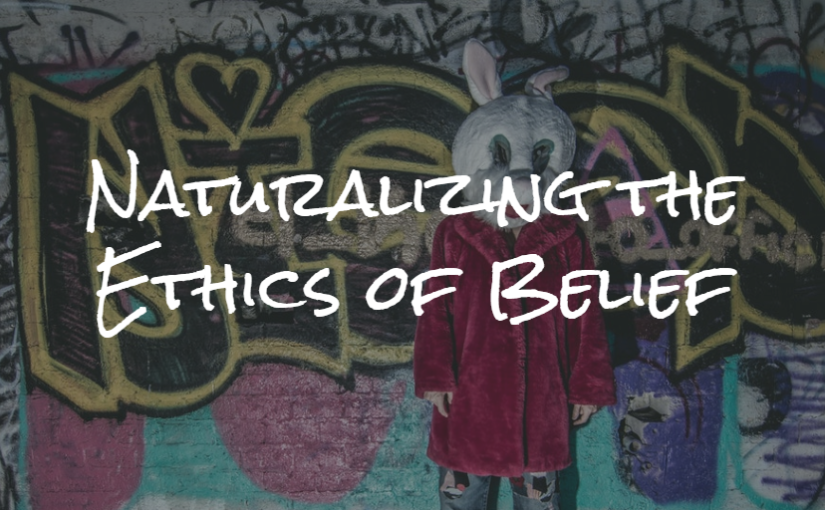Philosophers sometimes pretend that truth-seeking is a foundational epistemic norm, and that everything else–especially ethics, politics, and culture–must be subordinated to it. CS Lewis put it this way in an essay on whether Christianity will make us happy and good:
“‘Can you lead a good life without believing in Christianity?’ This is the question on which I have been asked to write, and straight away, before I begin trying to answer it, I have a comment to make. The question sounds as if it were asked by a person who said to himself, ‘I don’t care whether Christianity is in fact true or not. I’m not interested in finding out whether the real universe is more like what the Christians say than what the Materialists say. All I’m interested in is leading a good life. I’m going to choose beliefs not because I think them true but because I find them helpful.’
Now frankly, I find it hard to sympathise with this state of mind. One of the things that distinguishes man from the other animals is that he wants to know things, wants to find out what reality is like, simply for the sake of knowing. When that desire is completely quenched in anyone, I think he has become something less than human. As a matter of fact, I don’t believe any of you have really lost that desire. More probably, foolish preachers, by always telling you how much Christianity will help you and how good it is for society, have actually led you to forget that Christianity is not a patent medicine. Christianity claims to give an account of facts — to tell you what the real universe is like. Its account of the universe may be true, or it may not, and once the question is really before you, then your natural inquisitiveness must make you want to know the answer. If Christianity is untrue, then no honest man will want to believe it, however helpful it might be: if it is true, every honest man will want to believe it, even if it gives him no help at all.”
To believe for instrumental reasons is to be a rabbit, not a man. Most atheists quite like this line by CS Lewis: he makes the stakes of theology and metaphysics clear. You either want to know what’s true or not–and the idea of instrumentalizing our beliefs for community or health or the cultivation of virtue or comfort is a deep transgression of our natures. Only a scared little bunny-rabbit would make such a mistake, and deserve our disdain for it.
It’s Lewis who is deeply wrong, though. Wanting the truth no matter what the consequences is almost impossible for most humans to achieve. Wanting the truth when it comes to matters of identity and community is bad for survival, and a lot of our the things we espouse are designed to signal to others that loyalty matters more than accuracy. We’ve discovered that a large portion of our cognitive capacity is devoted to monitoring our friends and neighbors and setting our beliefs in line with their expectations: motivated reasoning and skepticism help us engage in identity-protective cognition in all sorts of cases.
What then does an ethics of belief look like? I think it’s tempting to say that we should pursue the old ideals with this new knowledge: aim to cut ourselves off from the epistemic judgments of friends and neighbors, aim to hold every identity lightly enough that we can jettison it rather than protect it when the evidence turns against us. But for a variety of reasons I doubt that anyone–least of all professional skeptics and philosophers–can do that all the time or on a regular basis, let alone about the matters that will end up being most important.
For one thing, the only thing worse than epistemic in-groups is to be an epistemic exile: one important reason we need to participate in cultural cognition is because the patterns of epistemic deference and trust they engender helps us manage the firehose of possible sources of information. We need trust to know–even if we’ll also be misled into error by that trust.
Put another way, heuristics are not biases, because we can’t see the truth at all without some semi-reliable method. But this keeps the question of an ethics of belief alive, it doesn’t settle anything. There are still key moments when we ought to betray our identities in the search for the truth–but when? And just as importantly–how? And how will we know?
(related: Warning Signs: Beliefs that Signal Loyalty or Ability, Snark Polemics and Contrite Fallibilism, Reason & Rallying)

Second Opinions